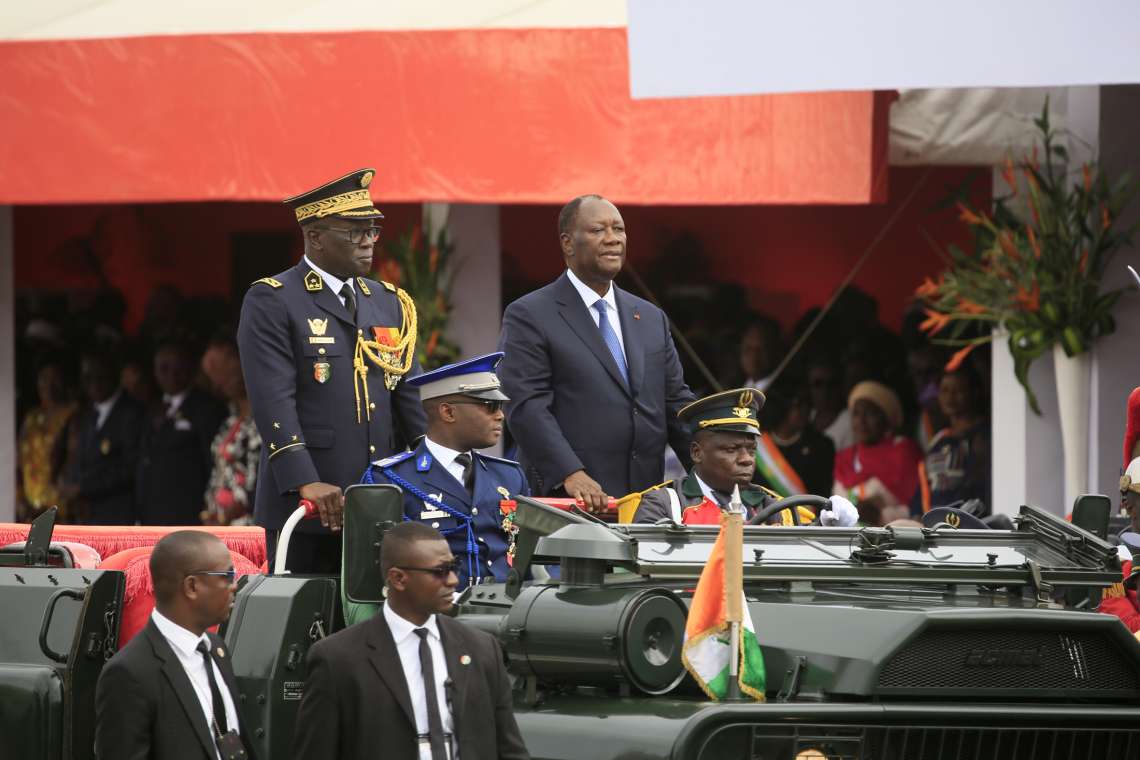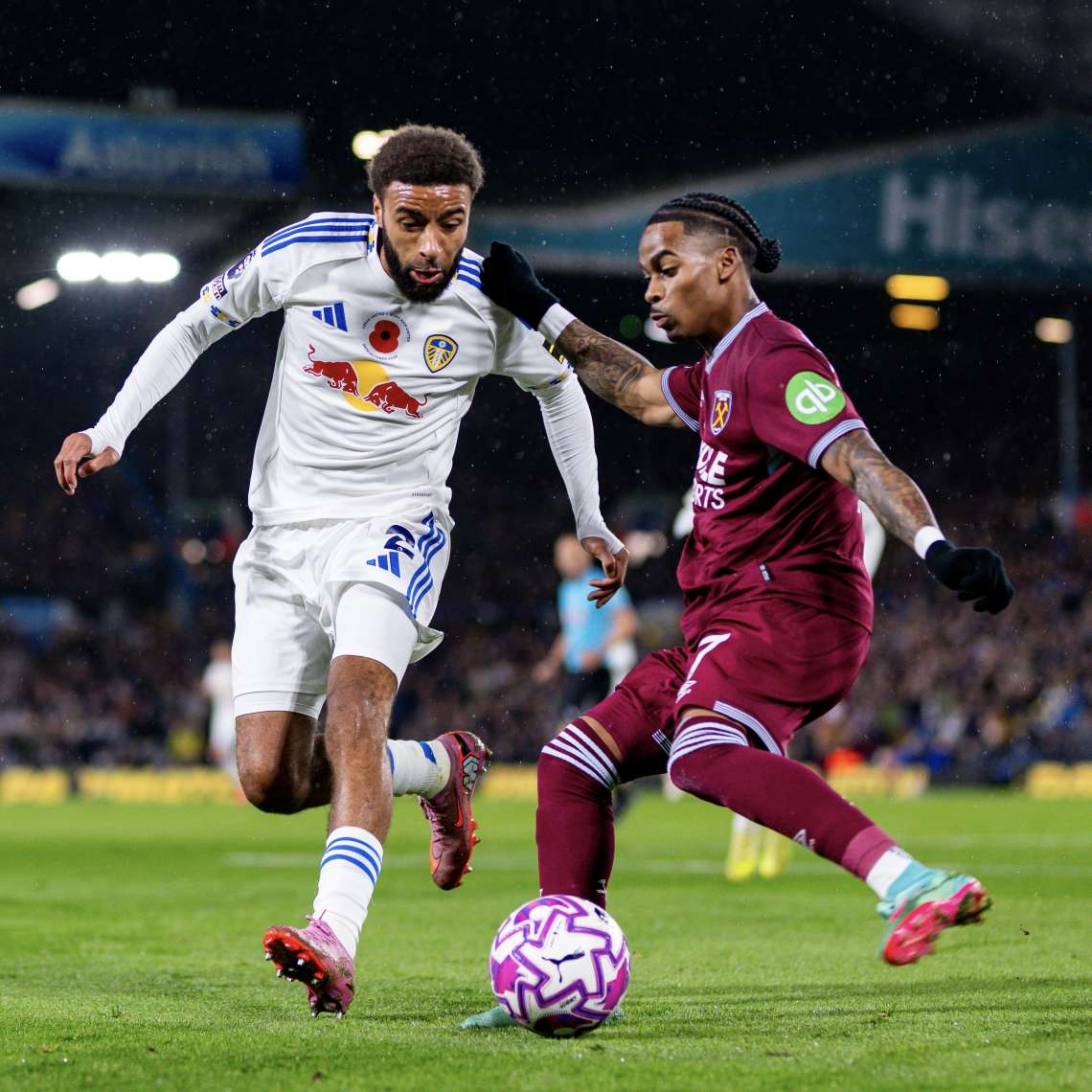Around 8.7 million Ivorians were registered to vote, though analysts had predicted a lower turnout compared with the last two elections, when participation slightly exceeded 50%…reports Asian Lite News
Votes were being counted late on Saturday in Ivory Coast after citizens cast their ballots to elect a new president, in a poll overshadowed by the disqualification of key contenders and expectations that longtime leader Alassane Ouattara will secure a fourth term.
The 83-year-old president, who has governed the world’s largest cocoa producer for nearly 15 years, faces four challengers, though many observers believe his hold on power remains firm. If re-elected, Ouattara would extend his rule to almost two decades, further entrenching the dominance of his Rally of Houphouetistes for Democracy and Peace (RHDP) party, which already controls parliament.
According to the Independent Electoral Commission, turnout was around 50% based on an initial assessment of ballots counted so far. However, residents and Associated Press reporters said voter participation appeared much lower in many polling stations across Abidjan, the commercial capital. Final results were expected between Sunday and Monday, said Ibrahime Kuibiert Coulibaly, the head of the commission.
The vote was held amid growing concerns about the persistence of ageing leaders on the African continent, which has one of the world’s youngest populations. Alongside Ouattara, Cameroon’s Paul Biya, 92, Uganda’s Yoweri Museveni, 81, and Equatorial Guinea’s Teodoro Obiang Nguema Mbasogo, 83, are among those who have clung to power for decades.
Ouattara, a former deputy managing director of the International Monetary Fund, has long been praised by supporters for steering Ivory Coast through post-war reconstruction and delivering steady economic growth. Under his leadership, the economy has expanded by about 6% annually, fuelled by cocoa exports and infrastructure investment.
But that prosperity has not been evenly shared. Roughly 37.5% of the nation’s 30 million citizens continue to live in poverty, and unemployment remains stubbornly high among young people — a pressing issue in a country where the median age is just 19.
“I am voting to show my love and support for President Ouattara and his party,” said Ouedraogo Issiaka, a 45-year-old scrap metal dealer in Abidjan. “But I understand those who wanted to support someone else and didn’t vote,” he added, referring to opposition supporters whose preferred candidates were barred from the race.
Around 8.7 million Ivorians were registered to vote, though analysts had predicted a lower turnout compared with the last two elections, when participation slightly exceeded 50%.
Despite reports of low enthusiasm, the joint ECOWAS-African Union observer mission described the election as calm and peaceful. “The election took place in a calm and peaceful atmosphere,” said Yemi Osinbajo, head of the mission, in a statement.
Ouattara cast his own vote in Cocody, a suburb of Abidjan, calling the poll a “vote of trust.” He urged citizens to participate peacefully, saying: “It is really important to vote, especially to vote for your president. … You have to do this in peace.”
However, the run-up to the election was far from tranquil. The disqualification of several prominent opposition figures — including former Credit Suisse executive Tidjane Thiam and former president Laurent Gbagbo — provoked widespread protests. Supporters of the barred candidates took to the streets, leading to the arrest of several hundred demonstrators. The unrest revived memories of previous electoral crises that left at least 3,000 people dead between 2010 and 2011 and nearly 100 more in 2020.
Civil society groups and opposition supporters have accused the authorities of engineering the vote to ensure Ouattara’s victory. Pulchérie Gbalet, a civil society leader, dismissed the election as illegitimate. “It is clear that from the outset, there has been no election,” she said. “The Constitutional Council chose the candidates on political grounds and eliminated the others in a dishonest and unfair manner.”
Ouattara’s government has rejected accusations of a crackdown on dissent, insisting that the process was fair and transparent. The president has also faced limited criticism from international partners, particularly France, Ivory Coast’s former colonial ruler. Analysts say his geopolitical position and the country’s relative stability in a troubled region have shielded him from pressure.
“The geopolitical context is favourable to him,” said Séverin Yao Kouamé, a research professor at the University of Bouaké, noting that international attention is currently focused elsewhere.
Four candidates remain in the race against Ouattara, including former first lady Simone Gbagbo and ex-commerce minister Jean-Louis Billon. Both have campaigned on promises of job creation and agricultural reform, but few analysts expect them to pose a serious challenge.
At his final rally in Abidjan on Thursday, Ouattara told supporters that the country’s economic progress must continue. “The growth has been huge, but we need to continue,” he said, pledging to maintain his focus on infrastructure and public sector development if re-elected.
Ivory Coast’s vote will be closely watched across West Africa, where a wave of military coups in recent years has undermined democratic norms and raised questions about the durability of civilian rule. For many Ivorians, Saturday’s election was less a contest of ideas and more a test of political continuity.








